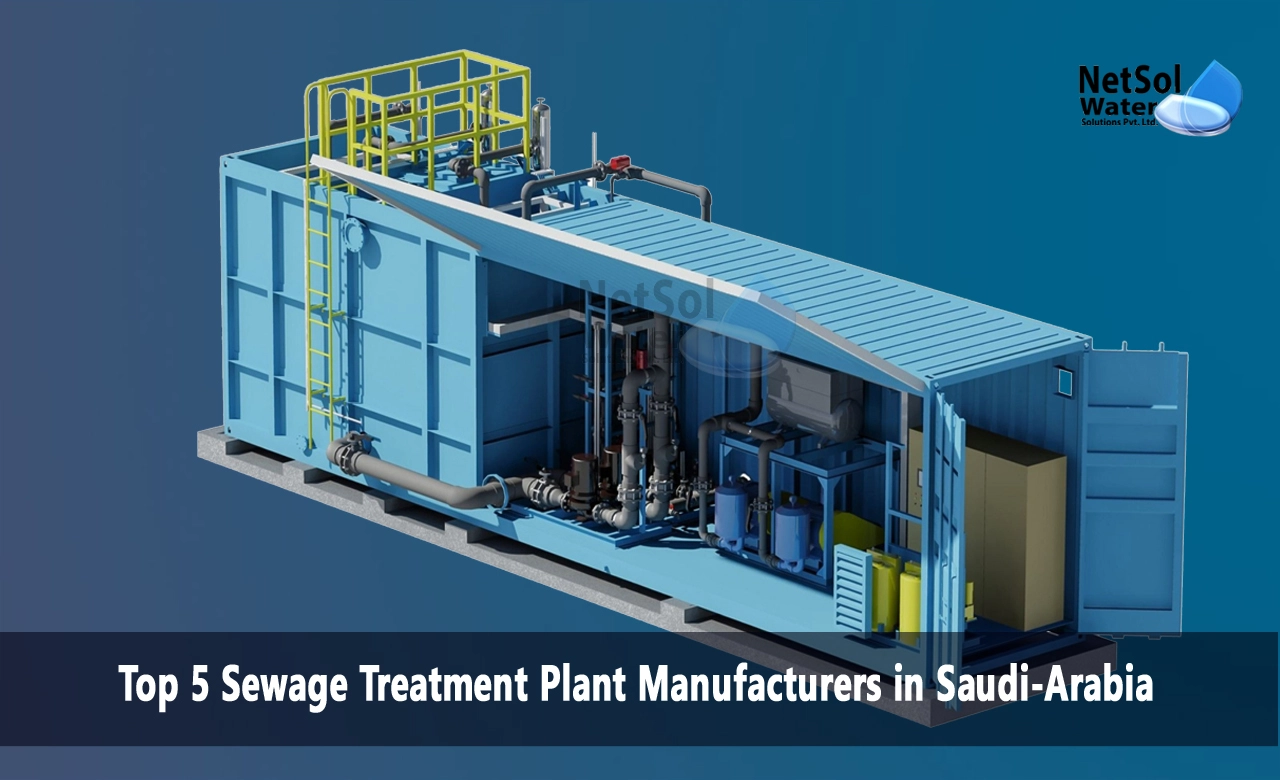Water Problem in Saudi Arabia
Saudi Arabia is a country located in the Arabian Peninsula in the Middle East Riyadh is the capital city. Saudi Arabia is known as the third oil producer & largest oil exporter in the world.
Saudi Arabia faces significant challenges related to water scarcity due to its arid climate, high temperatures, and limited freshwater resources.
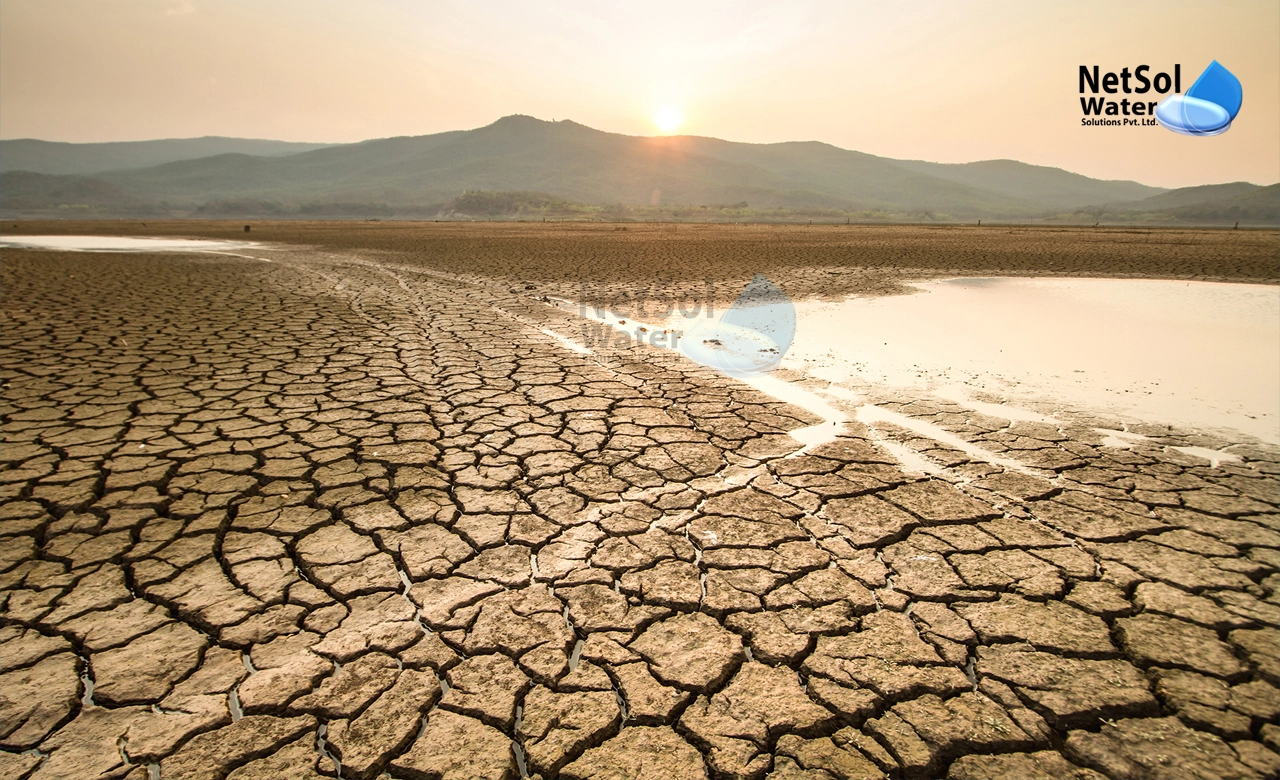
What is the reason causing Saudi Arabia to face water problems?
Arid Climate: Saudi Arabia has an arid or desert climate, with high temperatures and low precipitation levels. The country receives minimal rainfall, making it difficult to rely on natural sources of water.
Limited Freshwater Resources: The availability of freshwater resources, such as rivers and lakes, is extremely limited in Saudi Arabia. Groundwater is a significant source of water, but it is being depleted at unsustainable rates.
High Water Consumption: The rapid population growth and increased industrialization have led to a surge in water demand. Agriculture, in particular, consumes a significant portion of the water supply. Traditional irrigation methods, such as flood irrigation, contribute to inefficient water use.
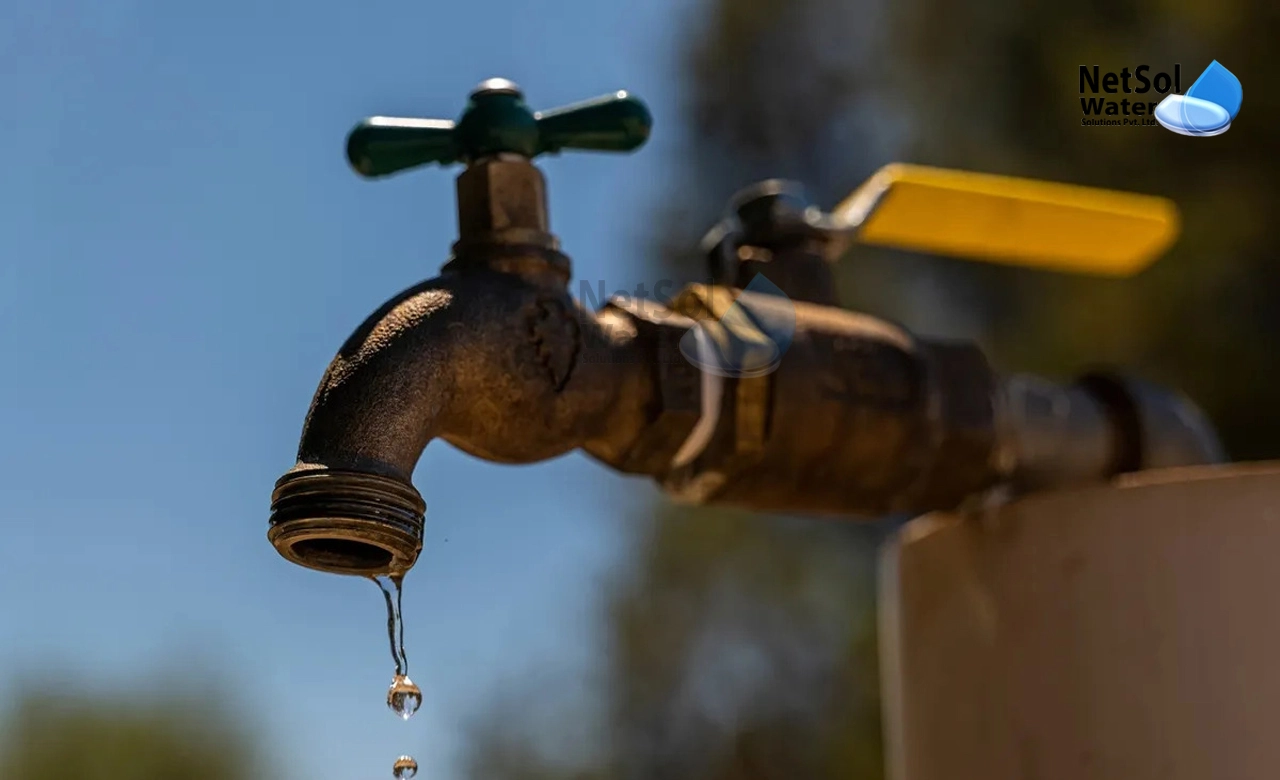
Dependency on Desalination: To meet the growing water demand, Saudi Arabia heavily relies on desalination plants to produce freshwater from seawater. Desalination, however, is an energy-intensive and expensive process.
Over-Extraction of Groundwater: Excessive pumping of groundwater for agriculture and urban use has led to the depletion of aquifers, causing land subsidence in some areas. Over-extraction has resulted in the lowering of the water table and increased salinity of the remaining groundwater.
Waste and Inefficient Water Management: Inefficiencies in water distribution systems and agricultural practices contribute to water loss. Additionally, inadequate water management practices, lack of conservation measures, and inefficient use of water resources exacerbate the problem.
Climate Change: Climate change can also have an impact on water availability. Changes in precipitation patterns and increased temperatures can further strain water resources in arid regions.
How is Saudi Arabia trying to fix their water problem?
The various measures and initiatives taken by Saudi Arabia to address its water problem.
Investment in Desalination Technology:
Recognizing the significance of desalination in meeting freshwater demands, Saudi Arabia has heavily invested in desalination technology. Desalination plants, powered by renewable energy sources, are being developed to convert seawater into potable water. This not only ensures a sustainable water supply but also mitigates the environmental impact of desalination.
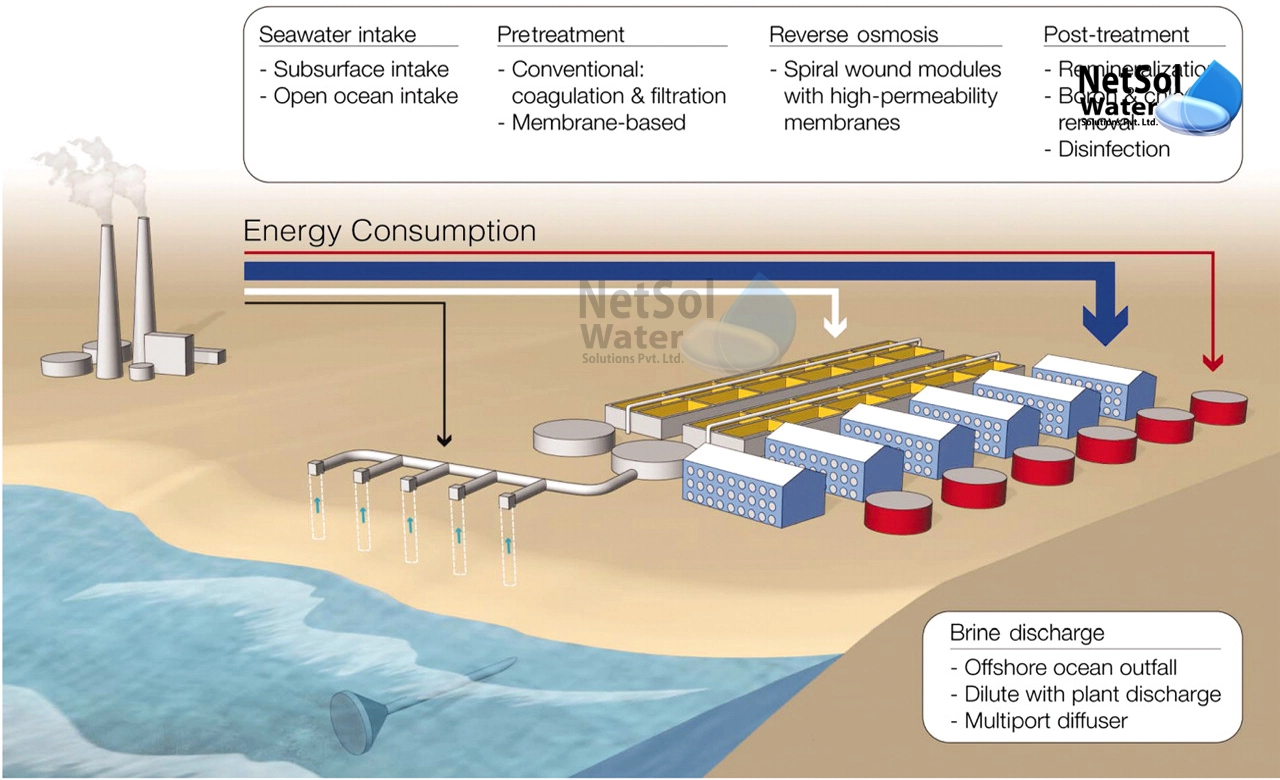
Enhanced Water Conservation Practices:
The Kingdom has implemented water conservation programs to promote efficient water use in various sectors, including agriculture and industry. Modern irrigation techniques and technologies, such as drip irrigation, are being encouraged to reduce water wastage in agriculture. Awareness campaigns aim to educate the public about the importance of water conservation in daily life.
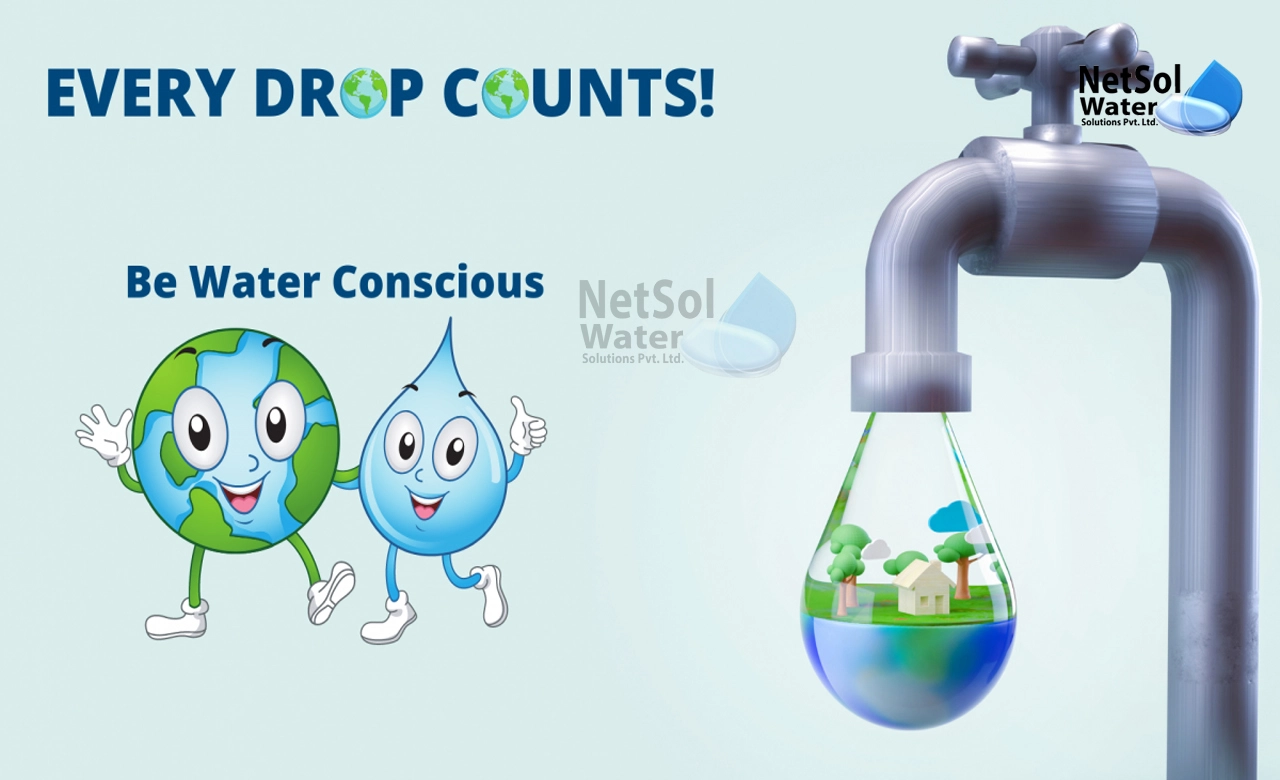
Expansion of Treated Wastewater Reuse:
Saudi Arabia has recognized the potential of treated wastewater as a valuable resource. The Kingdom is actively promoting the reuse of treated wastewater for non-potable purposes, such as agricultural irrigation and industrial processes. This not only conserves freshwater but also addresses the issue of water pollution.
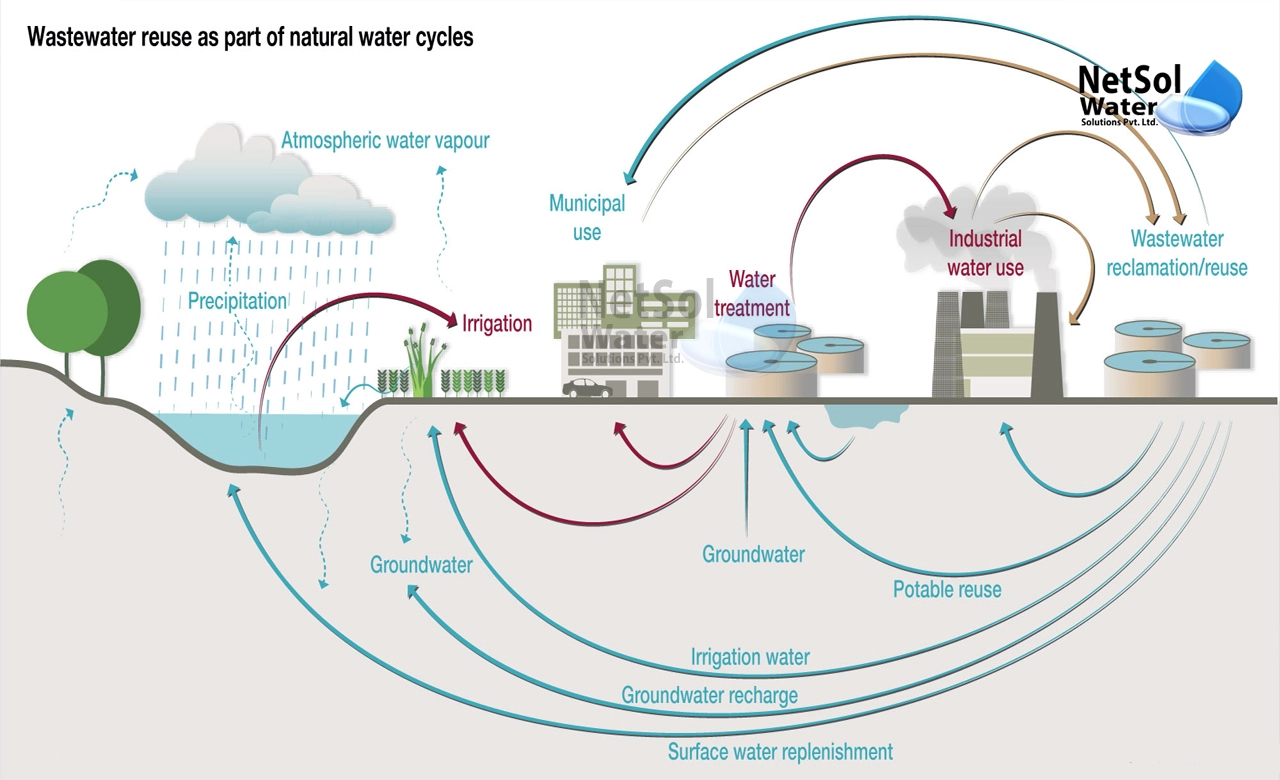
Implementation of Smart Agriculture Practices:
To optimize water use in agriculture, Saudi Arabia is adopting smart farming practices. Precision agriculture technologies, including sensors and data analytics, enable farmers to monitor soil moisture levels and optimize irrigation schedules. This approach enhances agricultural productivity while minimizing water consumption.

Strategic Water Storage and Management:
The Kingdom is investing in advanced water storage and distribution infrastructure. This includes the construction of dams and reservoirs to capture and store rainwater when it occurs, as well as the development of efficient water distribution networks to minimize losses during transportation.
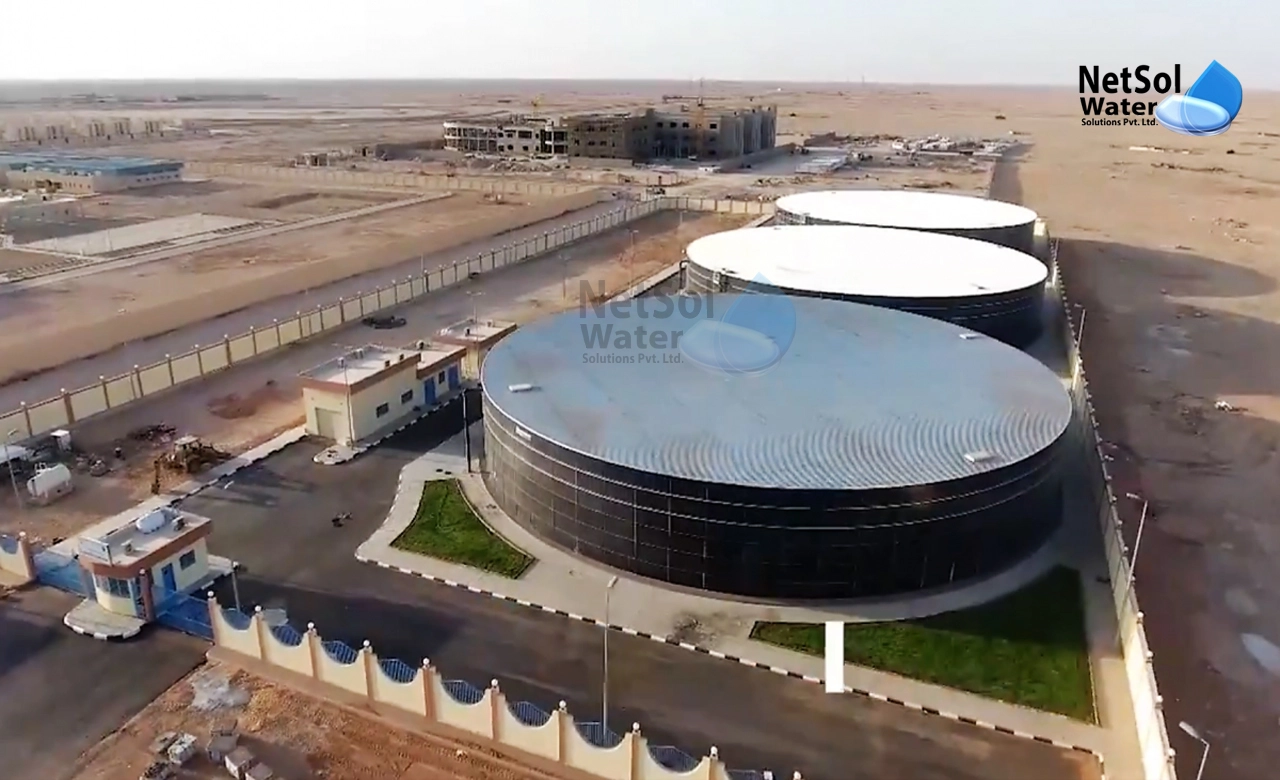
Research and Innovation:
Saudi Arabia is actively supporting research and innovation in water management. Collaboration with local and international research institutions is fostering the development of new technologies and methodologies to address water scarcity. From drought-resistant crops to advanced water purification methods, innovation is a key component of Saudi Arabia's water strategy.
Public Awareness and Education:
Recognizing the importance of public participation, Saudi Arabia is conducting awareness campaigns to educate citizens about responsible water use. Efforts include promoting water-saving practices at home and in workplaces, encouraging the adoption of water-efficient appliances, and instilling a sense of responsibility towards water conservation.
What is the need to set up STP plants in Saudi Arabia?
Sewage treatment plants play an important role in maintaining environmental and public health. These facilities are designed to collect, treat, and properly dispose of wastewater generated from various sources, including residential, industrial, and commercial activities. The primary goal of sewage treatment is to remove contaminants and pollutants from the wastewater before it is discharged back into the environment.
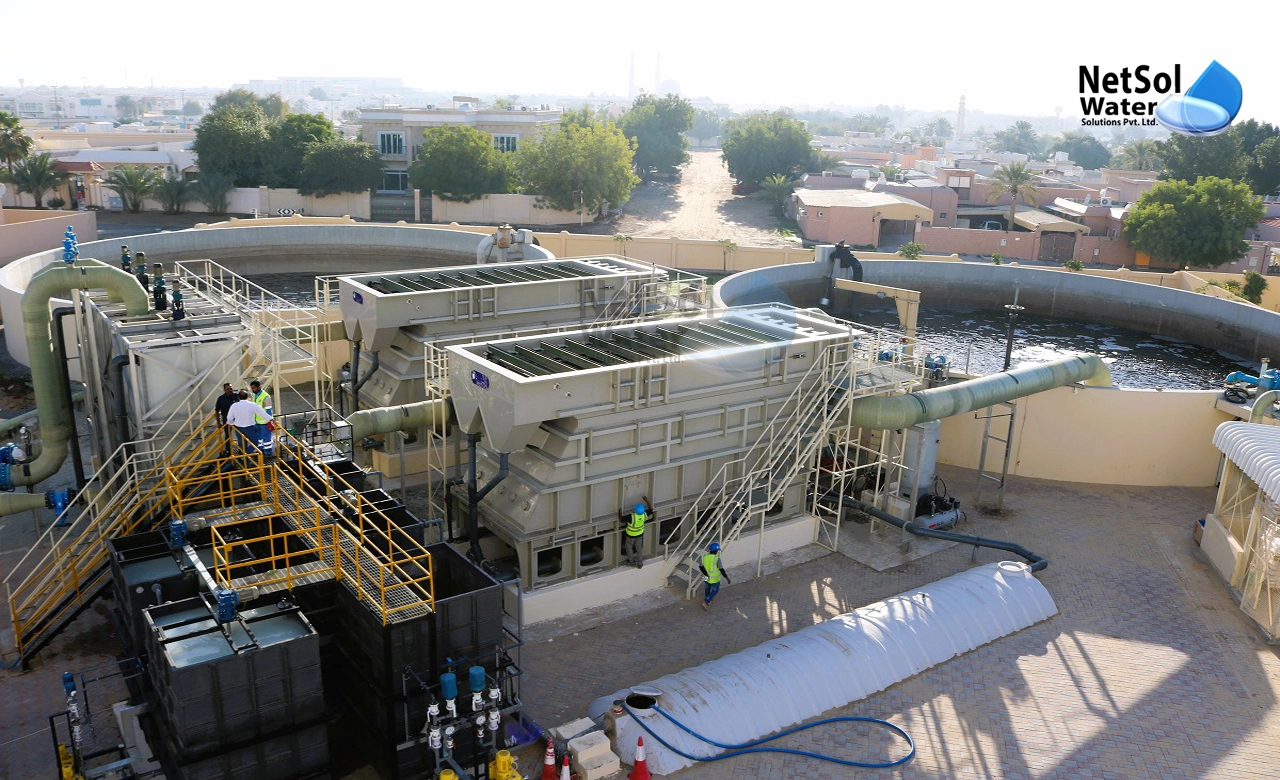
Types of Sewage Treatment Plants
There are several types of sewage treatment plants designed to treat and purify wastewater before it is released into the environment. The choice of a particular type depends on factors such as the size of the community or industry, the quality of the incoming sewage, and local environmental regulations.
Activated Sludge Process:
In this biological treatment process, microorganisms are added to the sewage to break down organic matter. The sewage is aerated, promoting the growth of bacteria and other microorganisms that consume pollutants.
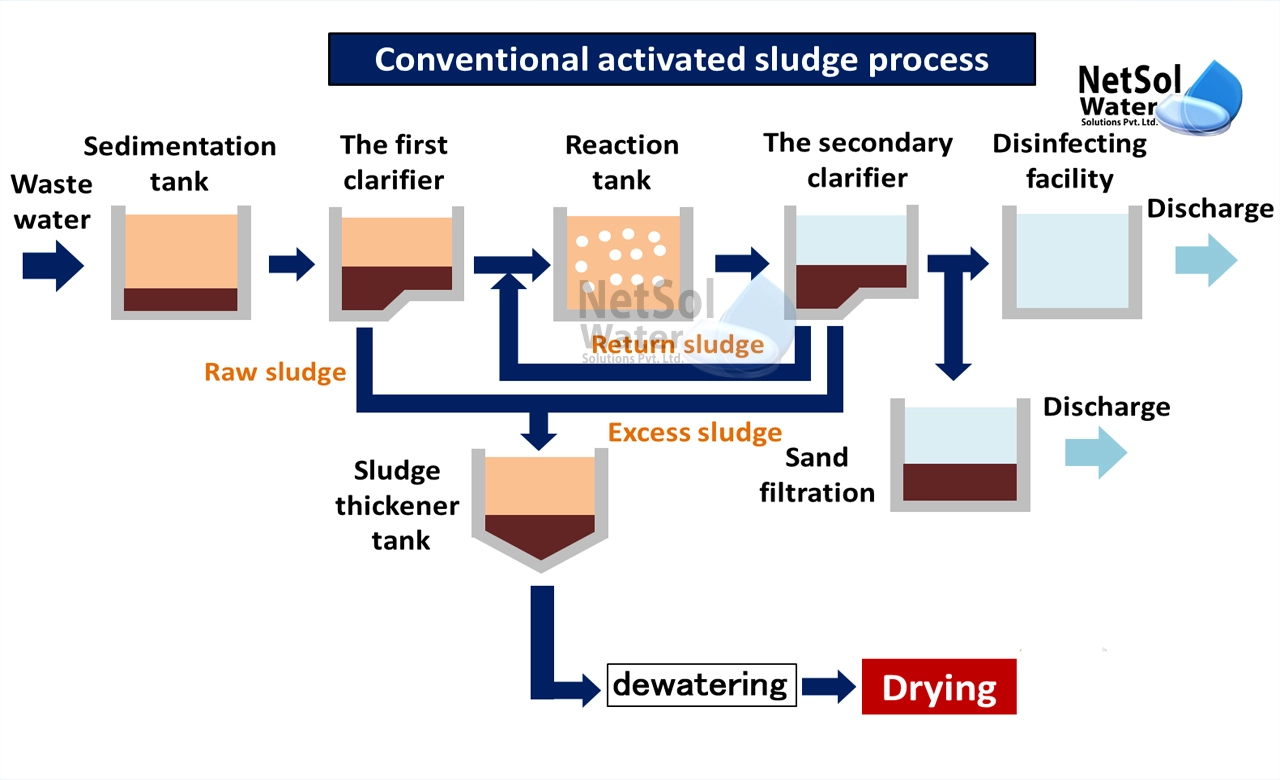
Trickling Filter Process:
This method involves passing sewage over a bed of rocks or other media, allowing microorganisms to grow and form a biological film. The film then helps in the breakdown of organic pollutants.
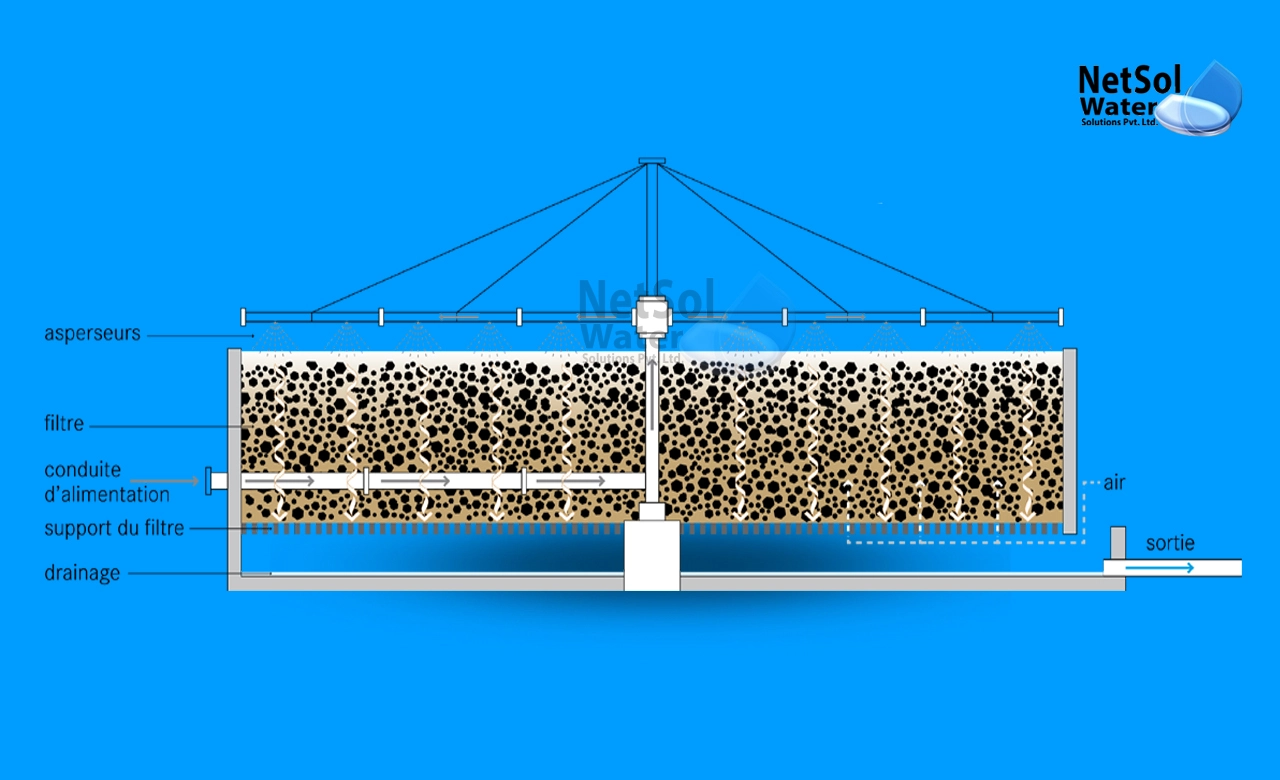
Rotating Biological Contactor (RBC):
RBC systems consist of rotating disks that support microbial growth. As the disks rotate through the sewage, they come in contact with the wastewater, facilitating the biological treatment of the sewage.
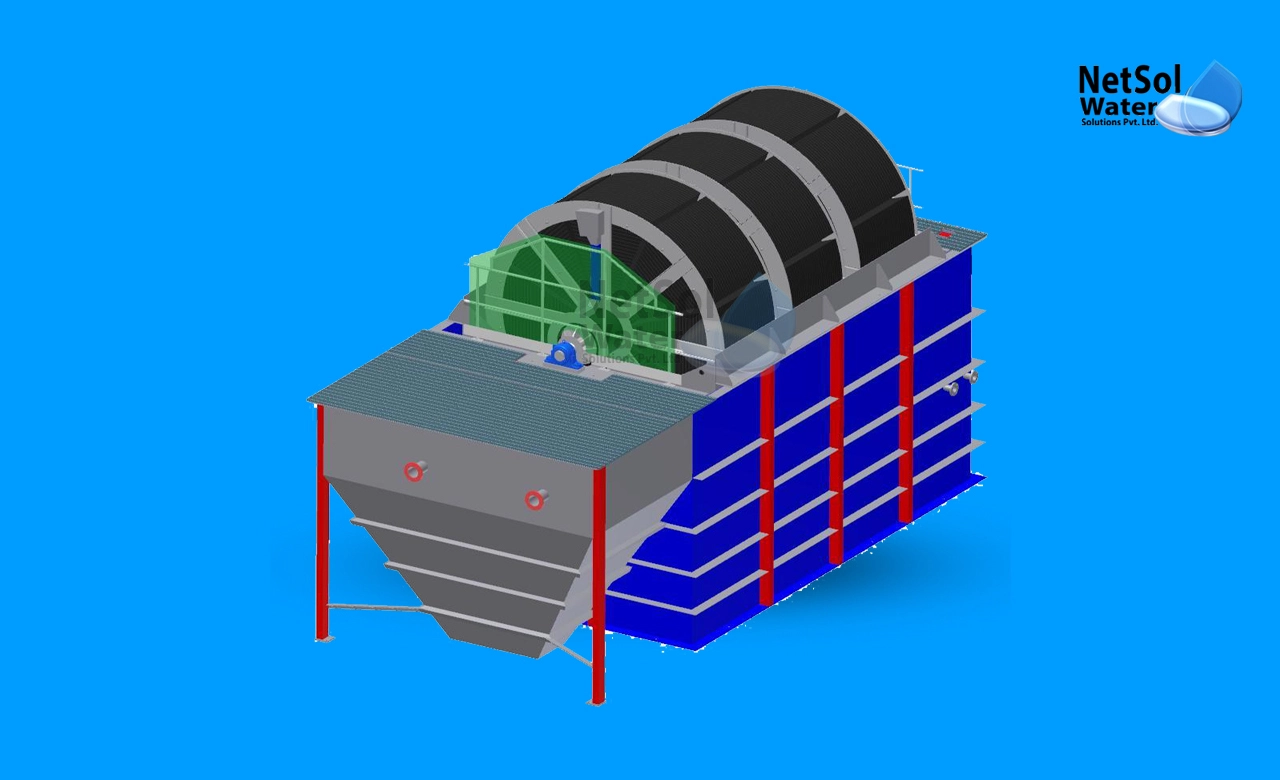
Sequential Batch Reactor (SBR):
SBR systems are cyclic biological treatment units that operate in batches. They include fill, react, settle, and decant phases, providing flexibility in handling variations in sewage flow and composition.
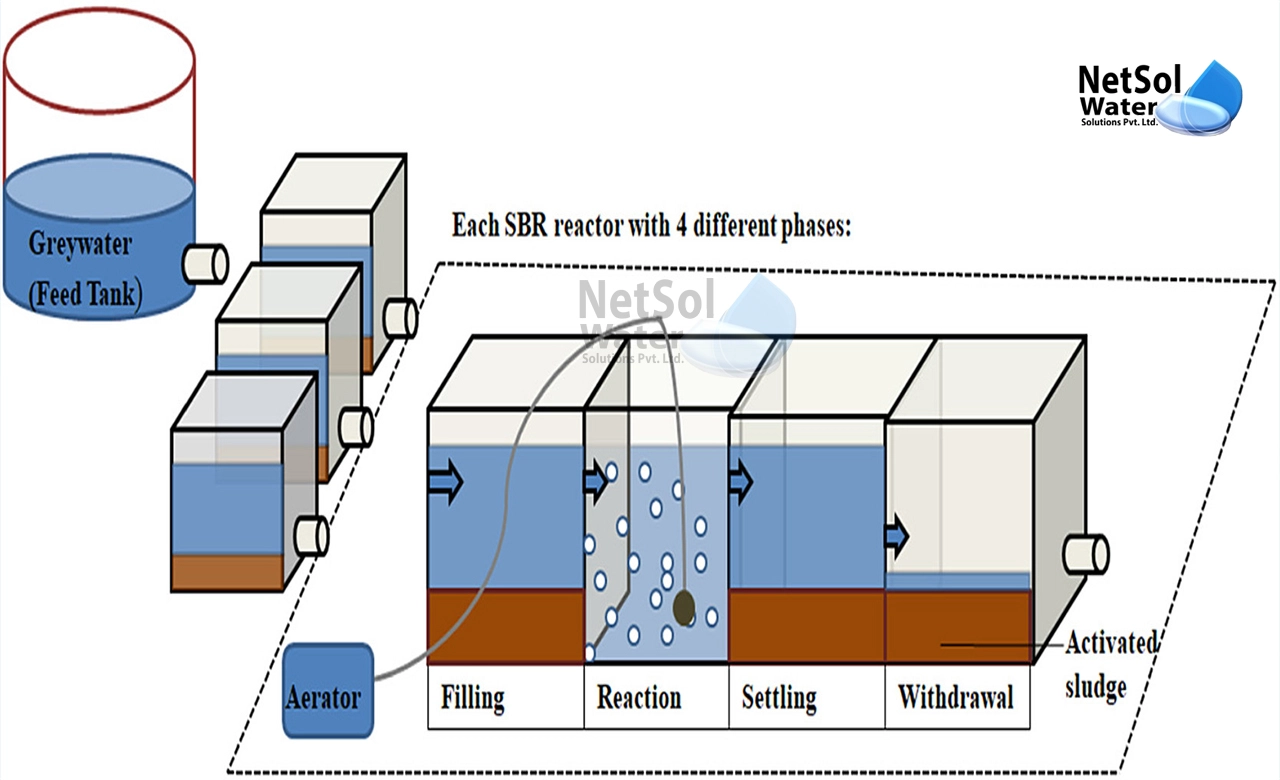
Membrane Bioreactor (MBR):
MBR systems combine biological treatment with membrane filtration. Microorganisms digest organic pollutants, and the membrane separates the treated water from the biomass. This method produces high-quality effluent.
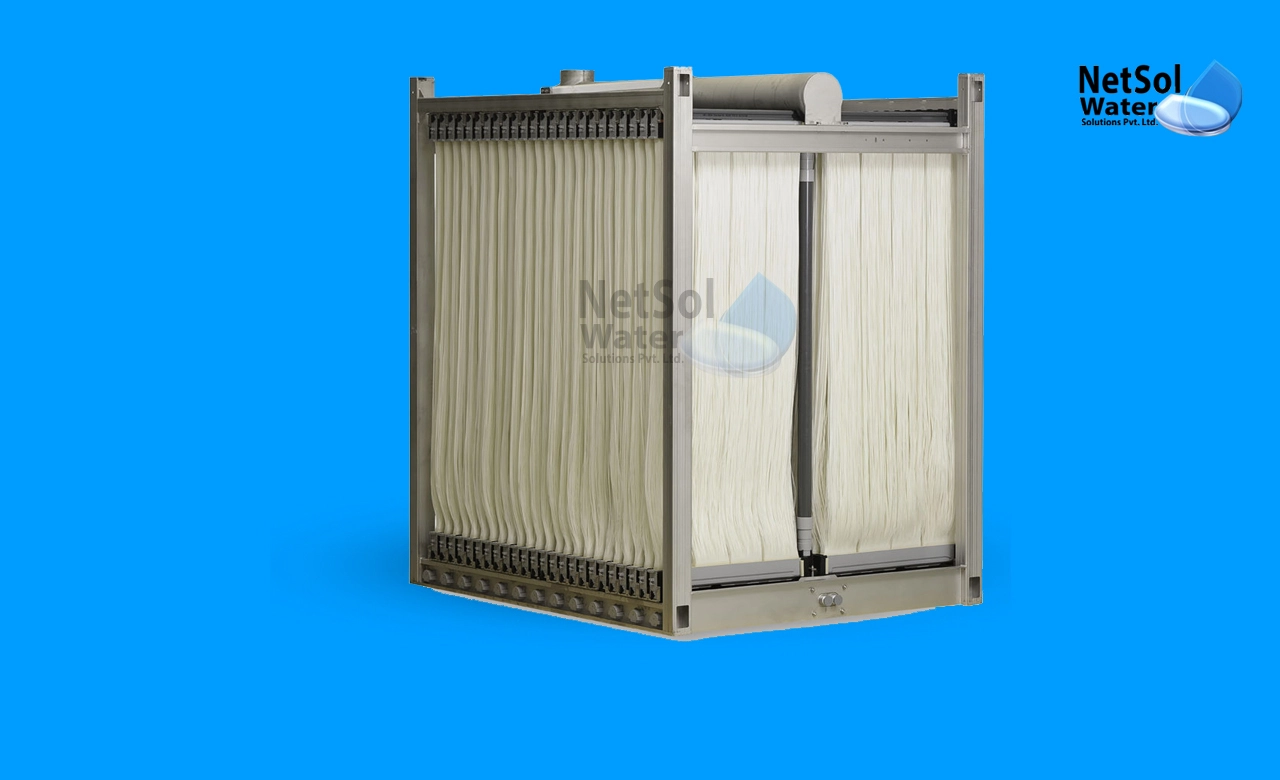
Aerated Lagoons:
Large shallow ponds or lagoons where sewage is exposed to air and sunlight for biological treatment. These systems use a combination of natural and mechanical aeration to promote microbial activity.
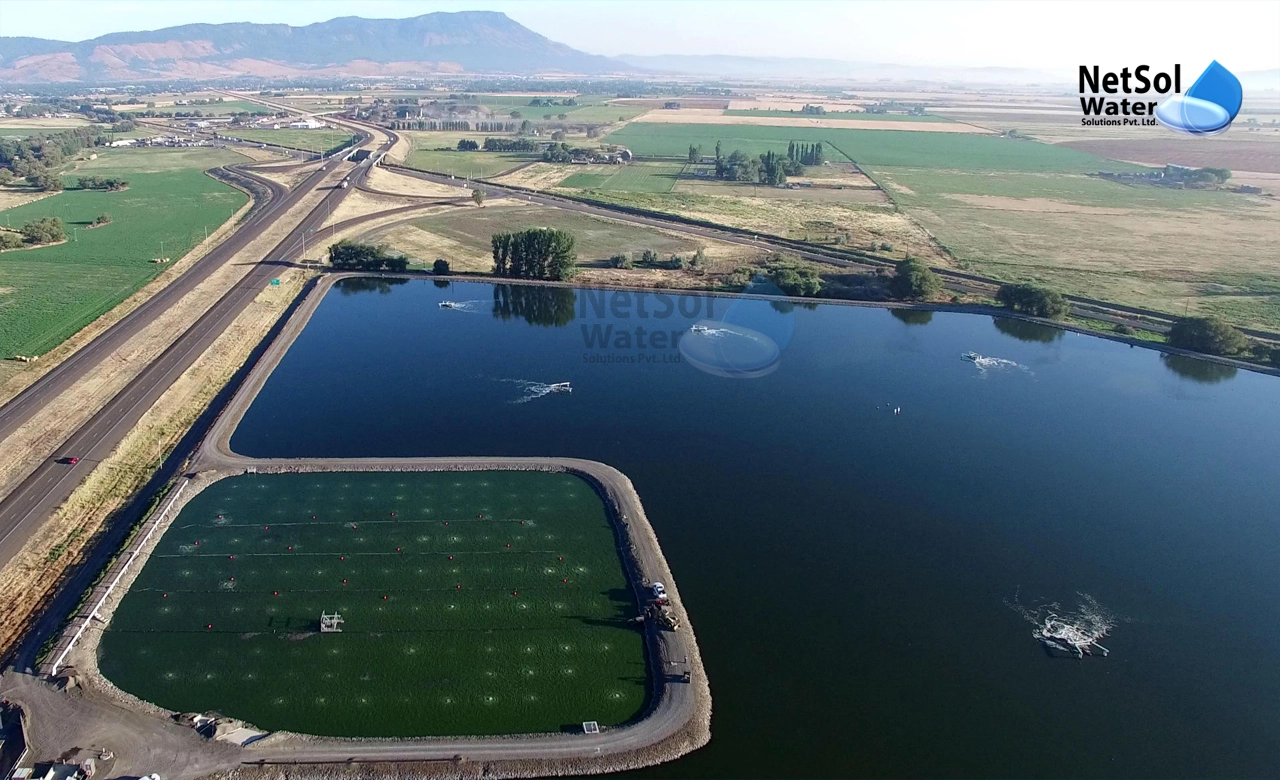
Constructed Wetlands:
Natural or engineered wetlands with aquatic plants that help treat sewage through biological and physical processes. The plants and microbial communities assist in nutrient removal and pollutant degradation.
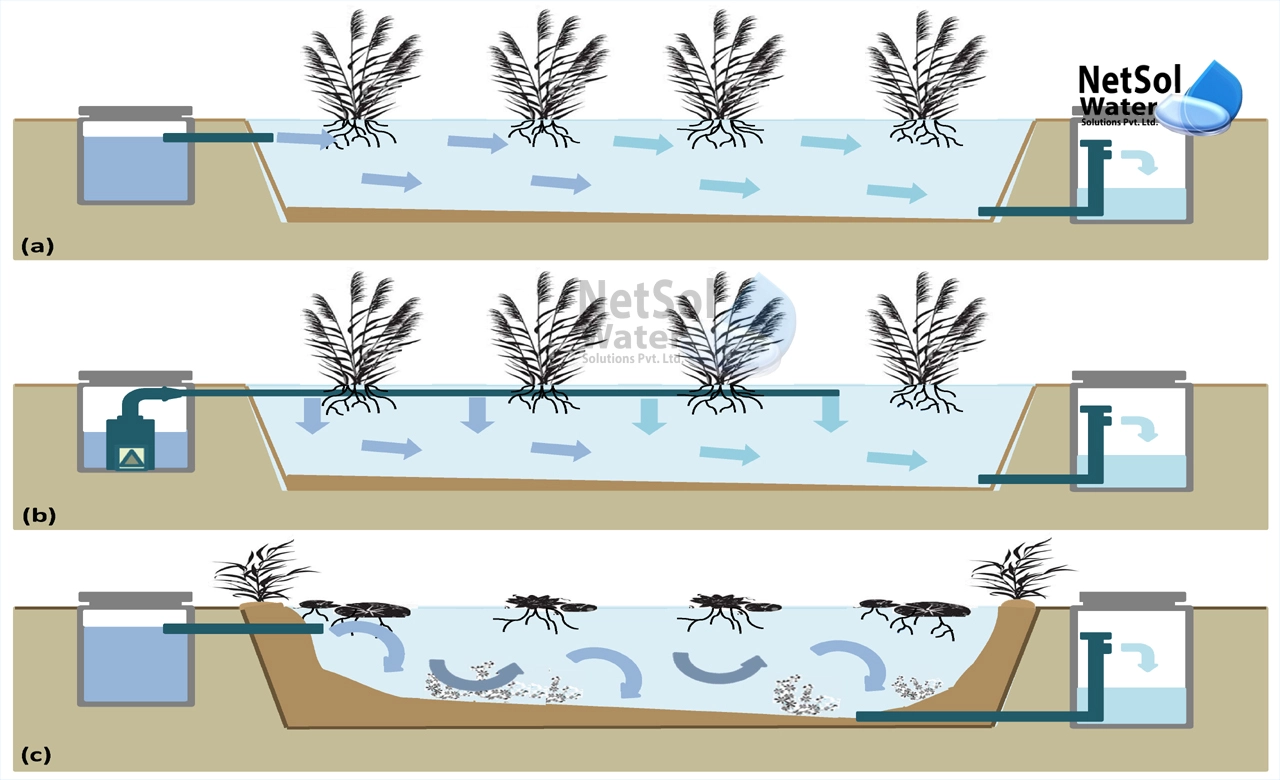
Chemical Treatment Plants:
Chemical treatment involves the addition of chemicals to precipitate or coagulate impurities, allowing them to settle. This process is often used in conjunction with other treatment methods.
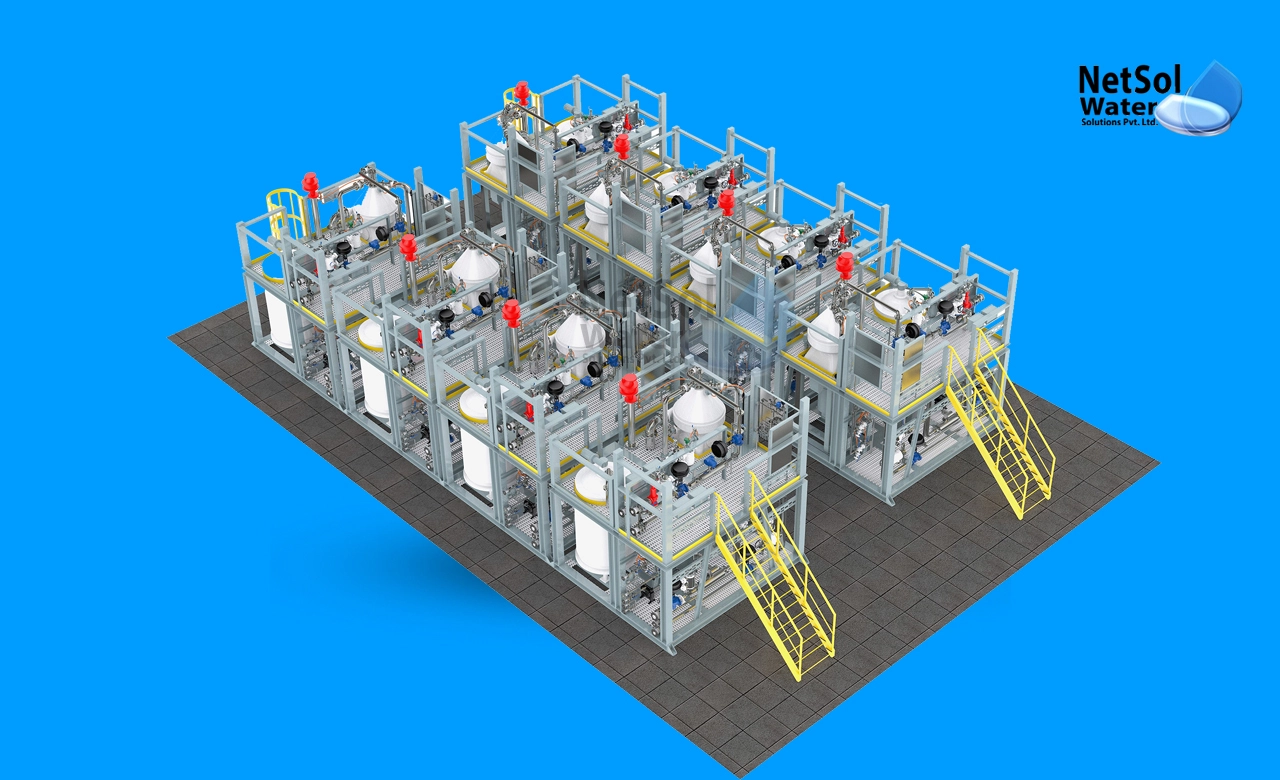
Septic Systems:
Commonly used in rural areas, septic systems treat sewage at the individual or household level. They consist of a septic tank and a leach field, where the effluent is dispersed into the soil for further treatment.

Advanced Oxidation Processes (AOPs):
AOPs involve the use of powerful oxidants or catalysts to break down pollutants. This method is often employed for treating recalcitrant or hard-to-degrade contaminants.
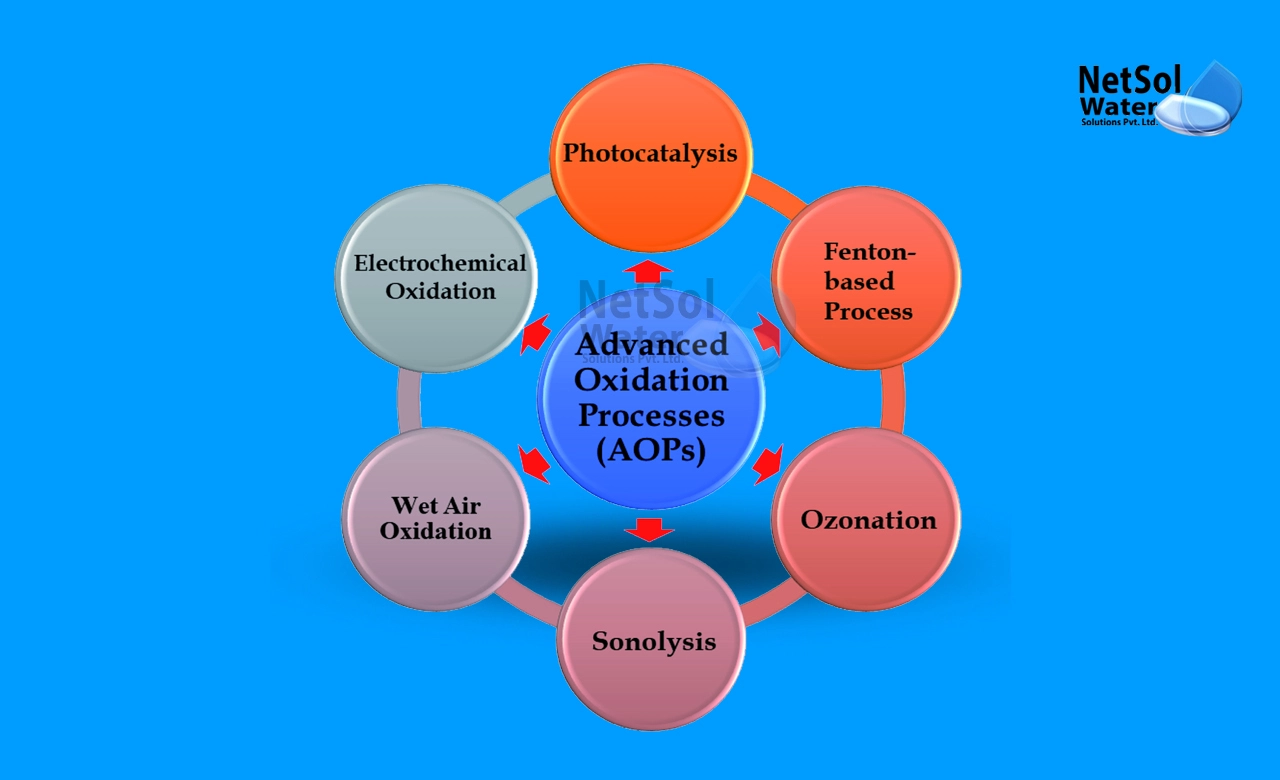
How to choose Sewage Treatment Plant Manufacturers in Saudi Arabia?
Research and Identify Options:
Utilize online resources, industry directories, and local business associations to identify sewage treatment plant manufacturers in Saudi Arabia. Seek recommendations from professionals in the field and gather a list of potential manufacturers.
Experience and Reputation:
Assess the manufacturer's experience in the wastewater treatment industry. Look for companies with a proven track record, successful project implementations, and a history of reliable performance. Check for customer reviews, testimonials, and any relevant industry awards.
Compliance with Standards:
Verify that the sewage treatment plants offered by the manufacturer comply with Saudi Arabian environmental regulations and international standards. Ensure that the manufacturer has a strong commitment to meeting or exceeding these standards.
Technology and Innovation:
Examine the technology and innovation incorporated into the sewage treatment plants. Consider whether the manufacturer utilizes state-of-the-art processes and equipment for effective and efficient wastewater treatment. Advanced technologies may lead to better performance and resource utilization.
Customization and Scalability:
Assess the manufacturer's ability to customize sewage treatment plants to suit your specific project requirements. A reliable provider should offer solutions that can be tailored in terms of capacity, treatment processes, and other parameters. Additionally, inquire about the scalability of the system for future expansions.
Modularity and Ease of Installation:
Look for sewage treatment plant designs that embrace modularity, allowing for easier installation and potential future expansions. Modular systems can be assembled on-site more quickly, reducing downtime and overall project duration.
Quality of Components:
Investigate the quality of materials and components used in the sewage treatment plant. High-quality materials contribute to the system's durability, reliability, and longevity. Components such as pumps, membranes, and control systems should be sourced from reputable suppliers.
Maintenance and Support:
Inquire about the manufacturer's maintenance services and support offerings. A reliable provider should offer comprehensive maintenance plans, training for operators, and responsive customer support to address any issues promptly. Well-documented manuals and training programs can contribute to the efficient operation of the plant.
Energy Efficiency:
Evaluate the energy efficiency of the sewage treatment plant. Look for features and technologies that optimize energy consumption, as this can lead to cost savings and align with sustainability goals. Energy-efficient systems may also be eligible for environmental certifications.
Cost and Budget Considerations:
Obtain detailed cost estimates for the entire project, including the initial purchase, installation, and long-term operational costs. Consider not only the upfront costs but also the total cost of ownership over the life of the sewage treatment plant. Ensure that the proposed solution fits within your budget constraints.
Local Presence and Support:
Consider the manufacturer's local presence in Saudi Arabia. Having local offices, representatives, or partners can be beneficial for quicker response times, easier coordination for installation and maintenance, and access to spare parts.
Certifications and Awards:
Check for relevant certifications and industry awards that reflect the manufacturer's commitment to quality, environmental standards, and innovation. Certifications from recognized bodies and accolades in the industry can provide additional assurance of the manufacturer's credibility.
Top 5 Sewage Treatment Plant Manufacturers in Saudi Arabia
Netsol Water:
Netsol Water is a multinational company with expertise in water and wastewater treatment. Netsol provides a comprehensive range of solutions for sewage treatment, including biological treatment and membrane technologies.
Sewage treatment plants
Sewage Treatment Plants is a global environmental services company that offers wastewater treatment solutions. They are known for their expertise in water management and sustainable solutions.
Compact STP Plant
Compact STP Plant provides water and wastewater treatment solutions, including advanced technologies for sewage treatment. They offer a range of products and services for industrial and municipal applications.
Aquatech:
Aquatech is a company specializing in water purification and wastewater treatment. They provide solutions for both industrial and municipal wastewater treatment.
Xylem Inc.:
Xylem is a global water technology company that offers solutions for water and wastewater treatment. They provide a variety of technologies for sewage treatment plants.


